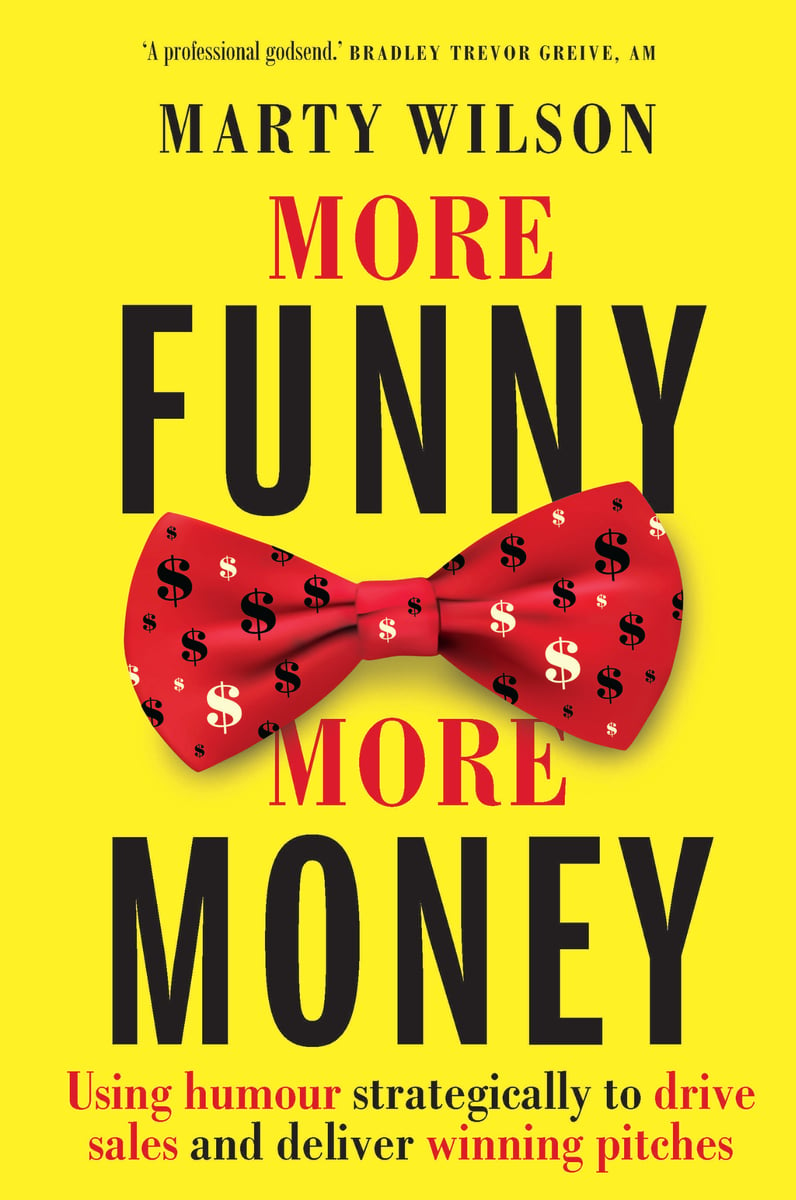Content warning: This post contains mentions of post natal depression and mental health some readers may find triggering.
There is this incredibly false idea out there that every woman on the planet should be a ‘natural’ mum – and that’s just not the case. In fact, up to one in seven mothers in Australia are diagnosed with postnatal depression.
My gorgeous wife Allie has had what she describes as an ongoing “dance with depression and anxiety” all her life.
After the birth of all three of our boys she had three absolutely crippling episodes of postnatal depression, to the point where about nine months after the birth of our third child, Charlie, I was chatting to Allie over dinner and all of a sudden she burst into tears and slid across the table to me the goodbye letters she had written to myself and all three of our boys.
What followed was a pretty brutal conversation with a lot of tears. But it led me to contact the Black Dog Institute, who offered amazing support and eventually led us to the place we’re at now which is just wonderful.
If there’s one thing I have learnt after speaking with over a dozen experts at the Black Dog Institute, it’s that there are many different types of depression and they can’t all be treated the same way.
But there are some strategies I found useful that may help others who are doing their best to be there for their special someone who is going through postnatal depression:
